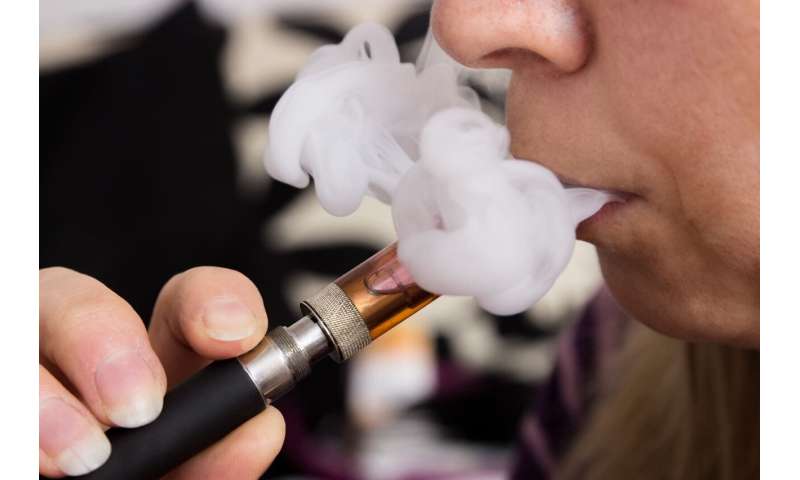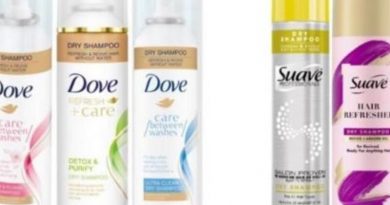Vaping bans are ineffective, experts report

Vaping products have contributed to a decline in cigarette smoking but have increased the number of middle and high school students who are addicted to nicotine—a problem that can only be effectively addressed through regulation of advertising—according to drug policy experts at Rice University’s Baker Institute for Public Policy.
Katharine Neill Harris, the Alfred C. Glassell, III, Fellow in Drug Policy at the institute, and William Martin, the Harry and Hazel Chavanne Senior Fellow in Religion and Public Policy at the institute and director of its Drug Policy Program, outline their insights in a new report, “Vaping: Clearing the Air.”
Cigarette smoking has been steadily declining among middle and high school students for over two decades, but data from the 2019 National Youth Tobacco Survey shows that “34% of high schoolers and 18% of middle schoolers who reported using e-cigs in the past 30 days said they used them on 20 days or more per month, an indicator of frequent use that is a more telling marker of problematic use or dependence,” the authors wrote.
Banning vaping products would likely be harmful and ineffective, Neill Harris and Martin wrote. As with the illicit drug trade, vape bans would expand the existing black market for these products, they added.
The report urges regulations on advertising and sales to minors while maintaining the appeal of vaping as a less harmful alternative for people who smoke cigarettes. Vaping by teens and young adults appears to be driven more by curiosity and expectation of positive sensory and social experiences, rather than a search for an alternative to cigarettes.
“With respect to teen use, it is important to recognize that vaping is consistent with teens’ desire to experiment with mind-altering substances and, like drinking, smoking, having sex and other experimental activities considered risky for adolescents, is a behavior that can be discouraged but not eliminated,” the authors wrote.
Advertising should be limited as it is for tobacco products, the report argues. Early ads for electronic cigarette maker Juul, for instance, did not mention nicotine. Martin and Neill Harris include a quote from an 18-year-old woman who began using Juul at age 15: “It was everywhere. Everyone had one … and it looked like they were having fun … If I knew it had nicotine at all, I wouldn’t have done it. Now I’m so reliant on something I had no intention of doing. I knew what cigarettes do. This Juul was new and nobody knew what the Juul did.”
Source: Read Full Article



